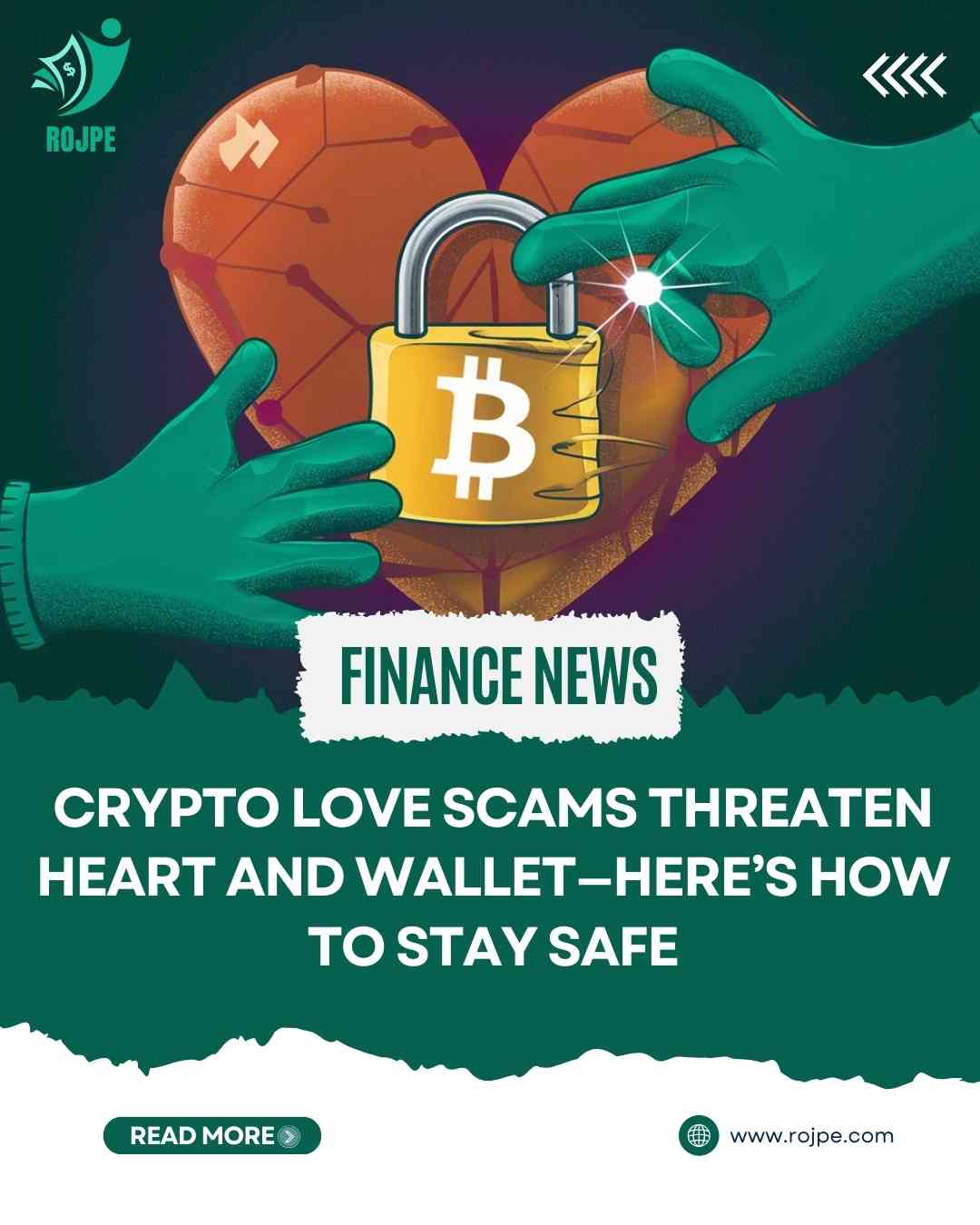Crypto Love Scams Threaten Heart and Wallet—Here’s How to Stay Safe
November 2, 2024

Swiping right through dating apps, connecting with folks on social media, and hoping for some kind of love or even a good investment tip. Wait! Beautiful profiles hide some more sinister realities. Relationship scams are surging in the world of crypto, and it's more sinister than you can probably think.
When you are communicating with someone who just seems too good to be true, remember that there is most likely some scammer lurking behind that fake account. These fraudsters have relationships on social media, online dating apps, and even networking websites. They gain your confidence and thus recommend investing in cryptocurrencies. It can start as innocently as that, but before you know it, you might get trapped in a big lie.
Crypto Scams: Threatening Danger
Federal warning raises a red flag on a catastrophic threat, says Gurbir S. Grewal of the SEC. Relationship investment scams are the worst for retail investors and “are being used by more and more criminals,” according to Gurbir S. Grewal of the SEC. The SEC has also started enforcement actions against crypto relationship frauds, which it had already seen schemes involved siphoning off millions from unsuspecting victims.
A Rise in Losses: Price of Love
The FBI says that in 2023, crypto scams drained $5.6 billion from consumers' pockets, a 45% increase from the previous year. According to the FBI's fraud report, 71% of this loss occurred from investment scams, and relationship scams were the biggest contributor. This can have dire effects: individuals lose an average of $178,000, according to the Cybercrime Support Network.
The Long Game: How Scammers Play
Most scammers are all about playing the long game, after all. They'll string you along for weeks or months to build trust, then spin a compelling narrative that's believable. Take Jules, for example. She matched with a “romantic interest” on a dating app before finding herself convinced, after weeks of talking, that she should invest in cryptocurrency.
Initially, it all looked so harmless. He was polite, interesting, and gave fake evidence of his “investment success.” Jules eventually took out loans to fund her crypto “investments,” which became nothing but a very sophisticated scam to line the scammer's pocket.
Protecting Your Investments
Here are some practical tips from experts from the FBI, SEC, and financial advocacy groups on how to avoid having your hard-earned money go up in smoke.
Trust your instincts. Never take investment advice from someone you will never ever meet in the real world. Just because someone's profile sounds witty doesn't necessarily mean that person is a sound financial partner.
Avoid sites that almost pass but have slightly different domain names. Thieves will often steal the names of legitimate financial firms, so you will trust them.
Avoid Suspicious Apps: Refrain from downloading apps or using applications that haven't been extensively vetted. If it's too good to be true, it probably is.
Question Early Withdrawals: If someone says it's easy to withdraw your money or view "profits" early on, it's time to become wary. It's the classic red flag.
Verify Testimonials: Never believe fake reviews or testimonials of huge returns. Scammers often create false success stories to lure unwary investors.
Be Realistic: An investment that sounds too good to be true is actually most likely so. Always check the facts with legitimate sources before you commit your funds.
Stay Smart and Safe.
Dating and investing are tricky propositions in this world. But knowledge keeps the hounds at bay. With awareness of crypto scammers and cautions to go about, you protect both your heart and wallet. In today's virtual world, love will never be sold at a price-not one that can make you swerve from your savings. Be alert and ensure your investments are safe.
Stay tuned with Rojpe for more such fresh and amazing perspective about finance and startup in India!
